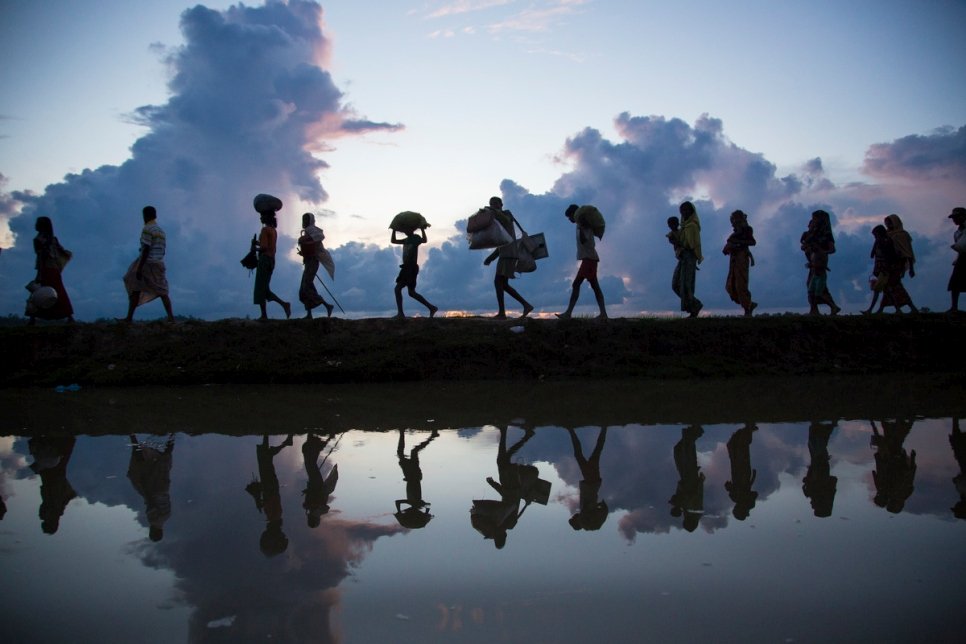A Canadian research team investigated the psychological implications involved in the resettlement process among refugees.
In their findings, released in the International Journal of Social Psychiatry, it was uncovered that a substantial number of refugees, nearly one in four, still experienced significant psychological distress from resettlement, years after their initial migration.
The study involved Canadian residents who were in mid and late-adulthood from a diverse range of sociodemographic and health-related backgrounds.
“Psychological distress was measured by Kessler’s Psychological Distress Scale-K10 scores,” the co-authors wrote in their findings. “Bivariate and multivariable binary logistic regression analyses were conducted.”
“The prevalence of psychological distress was significantly higher among the 244 refugees (23.8%), compared to 23,149 Canadian-born Canadians (12.8%) and 4,765 non-refugee immigrants (12.6%), despite the fact that the average time the refugees had lived in Canada was more than four decades,” they also stated.
The refugees evaluated in the study had been living in Canada for decades yet still suffered from severe psychological distress as a result of their migration. The findings point to a lack of social support as a major contributing factor to the distress experienced later in life.
“We believe this extreme lack of social support may be a contributing factor to refugees’ increased vulnerability to distress,” co-author Esme Fuller-Thomson explained in her news release.
“These findings underline the importance of finding effective interventions to help refugees integrate into their community and develop supportive relationships.”


